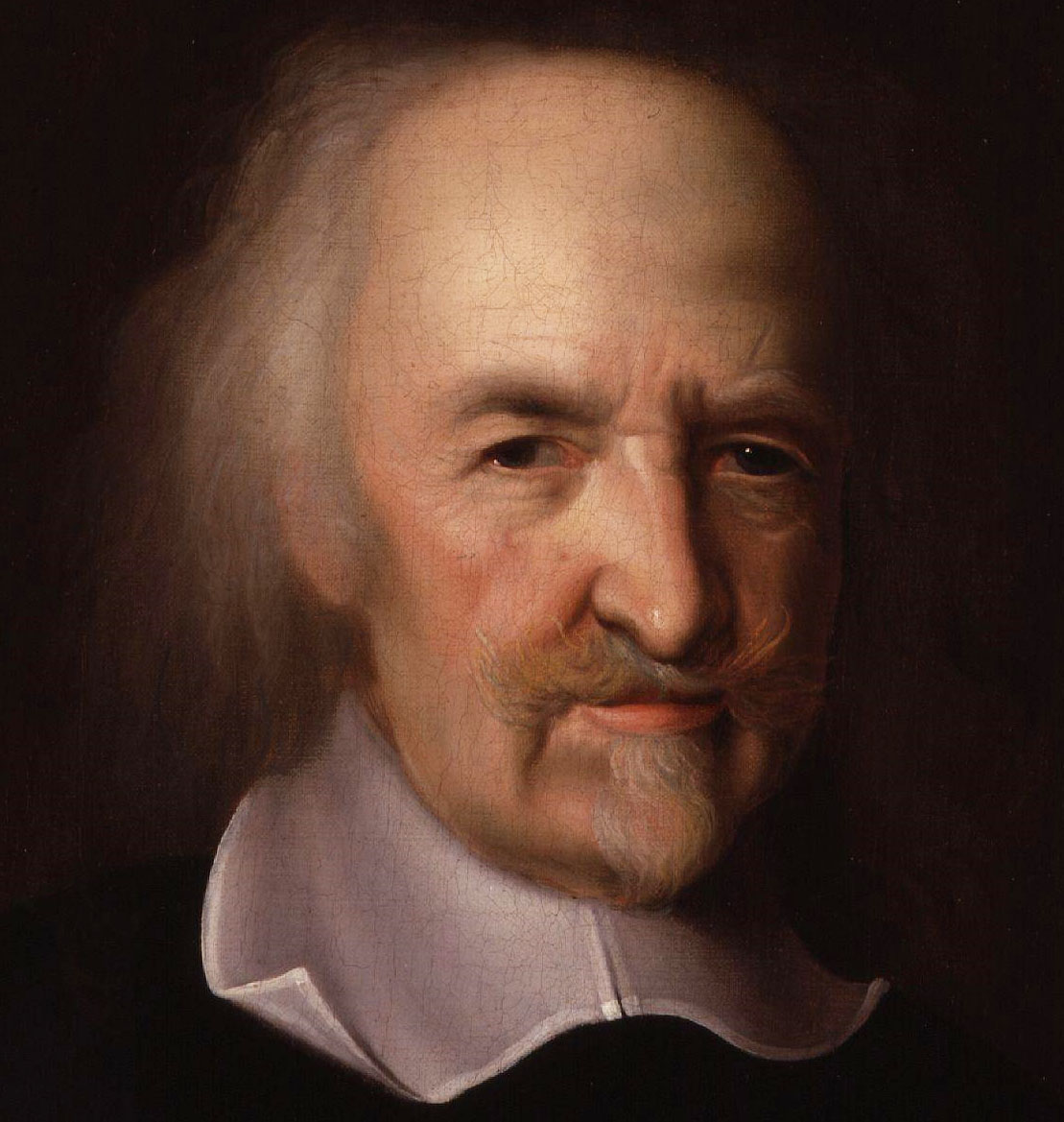Томас Гоббс знаменитые цитаты
Томас Гоббс Цитаты о мужчинах
Часть I: О человеке; глава 13: О естественном состоянии человеческого рода в его отношении к счастью и бедствиям людей
Hereby it is manifest, that during the time men live without a common Power to keep them all in awe, they are in that condition which is called Warre; and such a warre, as is of every man, against every man.
Левиафан
Часть I: О человеке; глава 4: О речи
Words are wise men’s counters, they do but reckon by them; but they are the money of fools, that value them by the authority of an Aristotle, a Cicero, or a Thomas, or any other doctor whatsoever, if but a man.
Левиафан
Томас Гоббс цитаты
природа
Источник: Сочинения. В двух томах.
выгода
Источник: Сочинения. В двух томах.
обозначение
Источник: Сочинения. В двух томах.
Источник: Сочинения в 2 томах.
Томас Гоббс: Цитаты на английском языке
The Fourth Part, Chapter 47, p. 386(See also: Arnold J. Toynbee, A Study of History, Volume I)
Leviathan (1651)
“Fact be vertuous, or vicious, as Fortune pleaseth;”
The Second Part, Chapter 27, p. 153
Leviathan (1651)
“And as in other things, so in men, not the seller, but the buyer determines the Price.”
The First Part, Chapter 10, p. 42
Leviathan (1651)
“The Register of Knowledge of Fact is called History.”
The First Part, Chapter 9, p. 40
Leviathan (1651)
The Second Part, Chapter 22, p. 122 (See also: Secret society)
Leviathan (1651)
“Christian Kings may erre in deducing a Consequence, but who shall Judge?”
The Third Part, Chapter 43, p. 330
Leviathan (1651)
Lastly, the Pacts and Covenants, by which the parts of this Body Politique were at first made, set together, and united, resemble that Fiat, or the Let us make man, pronounced by God in the Creation.
The Introduction
Leviathan (1651)
The First Part, Chapter 4, p. 12 (See also: Julian Jaynes)
Leviathan (1651)
“And Beasts that have Deliberation, must necessarily also have Will.”
The First Part, Chapter 6, p. 28
Leviathan (1651)
“For such Truth as opposeth no man's profit nor pleasure is to all men welcome.”
Review and Conclusion, p. 396, (Last text line)
Leviathan (1651)
“No man's error becomes his own Law; nor obliges him to persist in it.”
The Second Part, Chapter 26, p. 144
Leviathan (1651)
“Men looke not at the greatnesse of the evill past, but the greatnesse of the good to follow.”
The First Part, Chapter 15, p. 76 (Italics as per text)
Leviathan (1651)
“Sudden Glory, is the passion which maketh those Grimaces called LAUGHTER.”
The First Part, Chapter 6, p. 27 (italics and spelling as per text)
Leviathan (1651)
